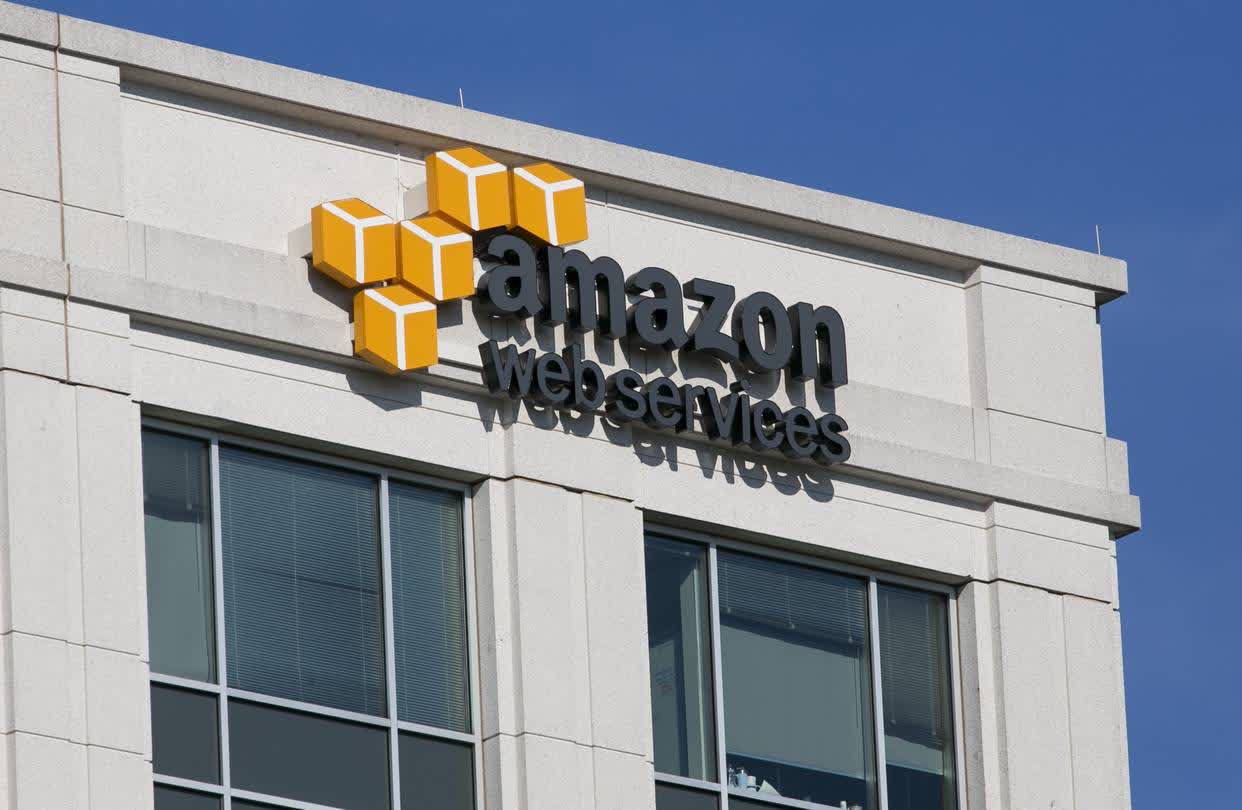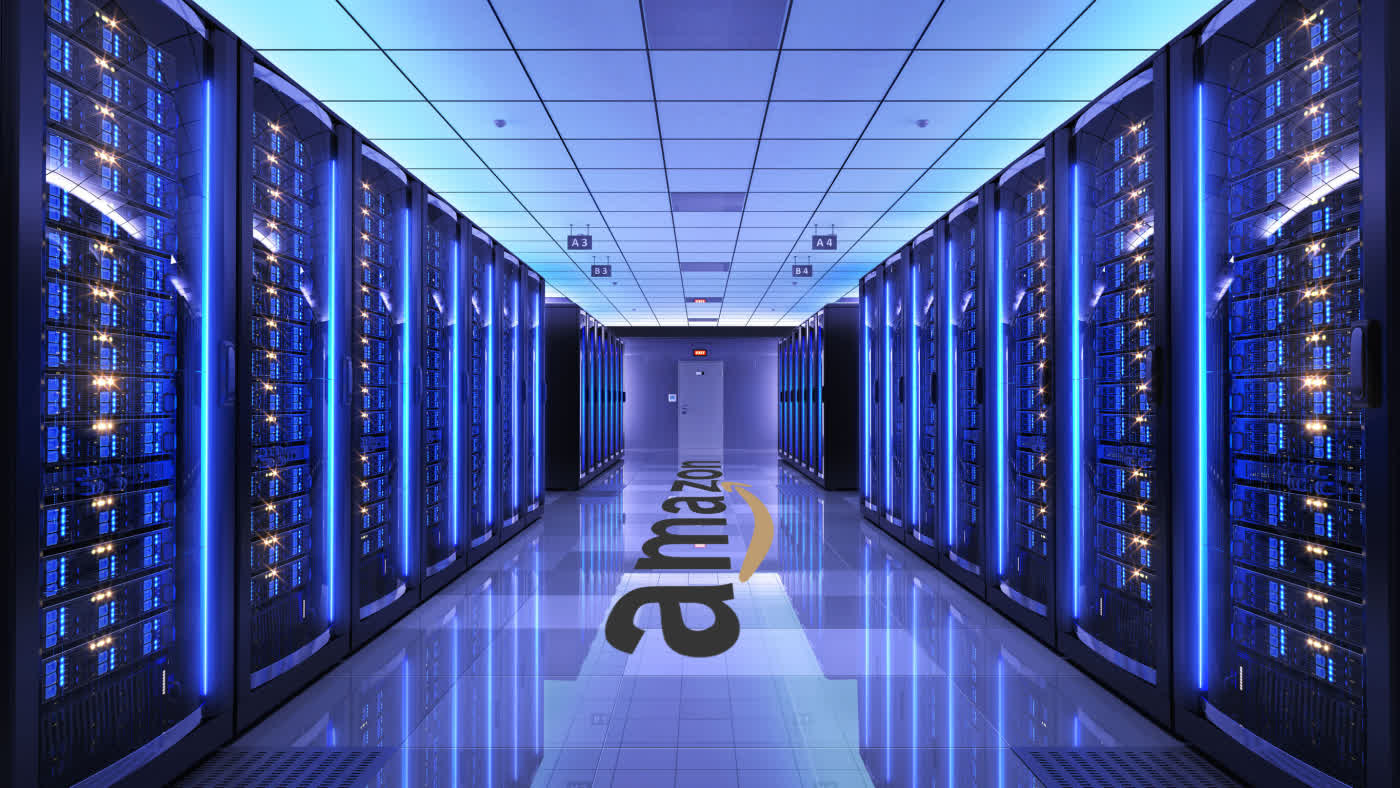A hot potato: The internet is bound to notice when the world’s biggest cloud service provider suffers from the slightest of disruptions. For the third time this month, Amazon had to deal with an AWS outage that affected services including Slack, Imgur, Epic Games, and Asana, among others.

It’s been a tough month for AWS and dependent businesses, following yet another disruption for Amazon’s cloud in December. While such outages tend to occur sporadically enough to be considered a minor inconvenience, having three outages in three weeks will likely raise a few eyebrows.
Dozens of major online platforms and services have been affected this month due to AWS outages. The first having occurred on Dec 7 due to a networking issue with AWS’ US-EAST-1 region that caused Amazon.com, Netflix, Disney Plus, Kindle, and Roku, among other services to remain inaccessible for users.
The second AWS outage happened ten days later for US-Western servers, briefly disrupting the likes of Twitch, Slack, DoorDash, Xbox Live, and PlayStation Network, while the most recent outage occurred again in the US-EAST-1 region on Dec 22.

The third outage, according to Amazon, was due to “a loss of power within a single data center within a single Availability Zone (USE1-AZ4) in the US-EAST-1 Region.” Briefly described, an Availability Zone (AZ) is one or more discrete data center(s) within a geographically separate AWS region engineered to be isolated from failures in other AZs, and has redundant power, connectivity and networking capability.
Businesses and platforms can always choose to host in multiple, geographically separate regions to avoid service disruption. However, doing so means absorbing the costs of multiple data centers in order to keep downtime to a minimum. Amazon's latest cloud outage lasted for about twelve hours, with AWS' health dashboard currently showing all services operating normally.
https://www.techspot.com/news/92731-amazon-confirms-data-center-power-outage-behind-latest.html